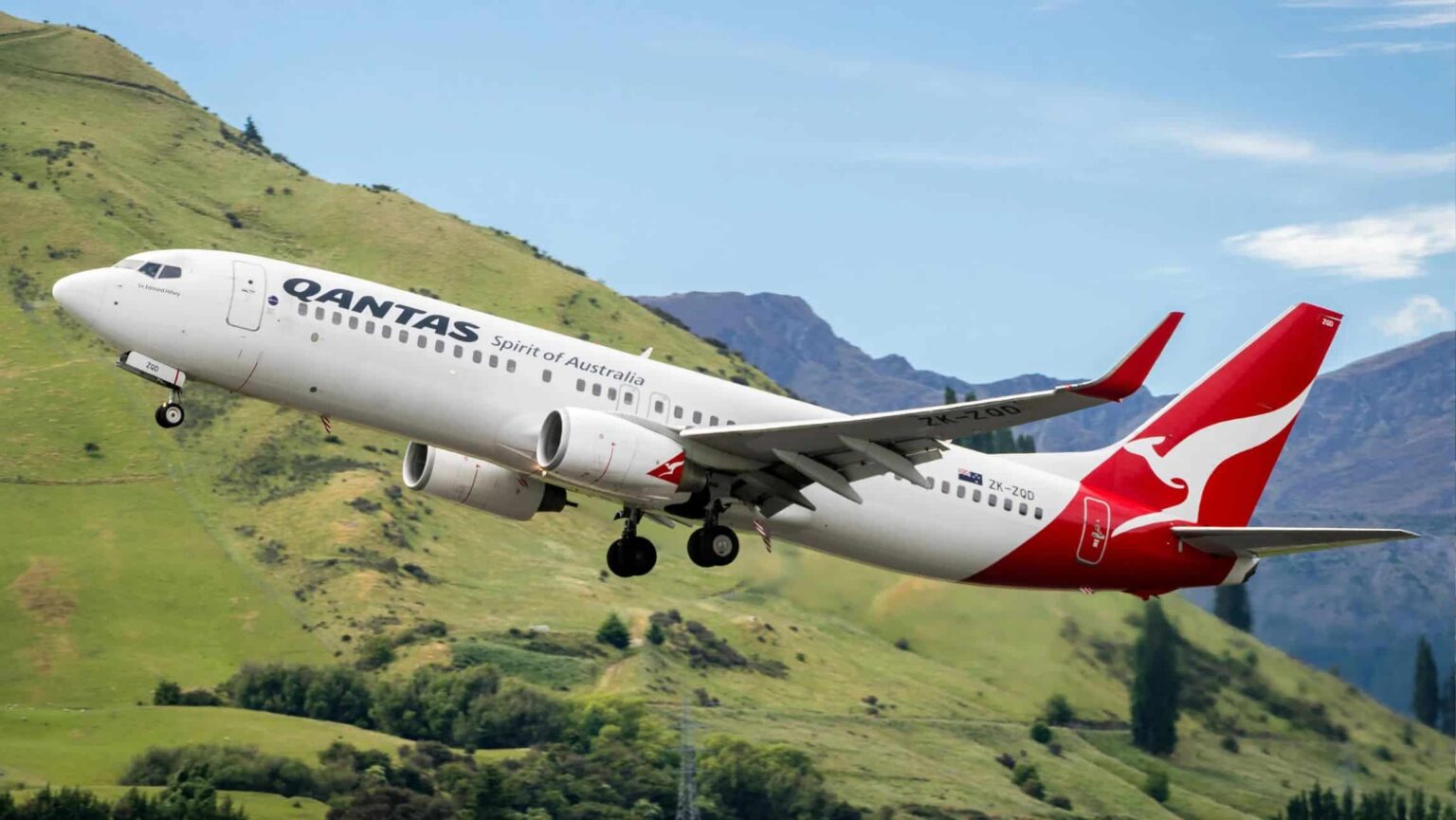Australian airline customers could receive compensation for delayed and cancelled flights under a new proposal that will crack down on the aviation sector.
The Aviation White Paper, handed down this morning, will aim to mitigate the soaring costs of tickets.
The government used the white paper to introduce a new ‘Charter of Rights’ which will entitle customers to get refunds for disrupted, cancelled or unreasonably delayed flights as part of a wider industry-shake up.
Transport Minister Catherine King said Australians were not being dealt a fair deal by the airlines.
“The bottom line is if people don’t get the service that they are expecting, then customers deserve to get their money back or they deserve to get an equivalent service,” said King.
“And that’s really not what’s been happening when it comes to the consumer space.”
The new rights charter will be managed by a new body which will be able to resolve disputes, and direct airlines and airports to provide remedies. They will also be able to report on airline conduct.
The Aviation Industry Ombuds Scheme will also be able to refer allegations of misconduct for investigation and enforcement.
The airlines will also be obliged to provide support to people to make alternative travel arrangements.
The Aviation Industry Ombuds Scheme will also look to enforce greater transparency of slot of allocation and use which will allow for a more competitive airline market. The body will also include changing the way pricing is negotiated between airports and airlines.
Airlines have made headlines repeatedly since their restart after the Covid-19 pandemic. And Australia’s major airlines, Qantas and Virgin have been under scrutiny for their behaviour and creating a duopoly in the country’s aviation industry.
Qantas was found to be selling tickets on flights that had already been cancelled and also sitting on hundreds of millions of dollars worth of flight credits.
A $21.4 million paycheck for former Qantas boss Alan Joyce also raised eyebrows while the carrier fought findings it illegally sacked hundreds of workers.
There was also additional fuel added to the fire when it was revealed the government rejected an expansion of Qatar Airways into Australia, which would have reduced air fares by at least a third.
The white paper could not have come at a better time. These points, coupled with the collapse of budget airline Bonza, and regional carrier Rex last month, have the government itching for major reforms to the aviation industry.
Legislation to establish the aviation ombuds office will be introduced next year but the government intends to appoint an interim ombudsperson “from the minister’s department” in the meantime.
The scheme is expected to be operational by 2026.









Bernadette’s article gives a rosier picture than is justified. The Government’s proposal has cowered to pressure from the airlines and has refused to provide adequate protection and compensation to customers like that in the EU and UK. Flying passengers are not likely to be much better off with the adoption of the White Paper than they are now. I urge readers to look at the Australian Frequent Flyer website for a more accurate review of the White Paper.